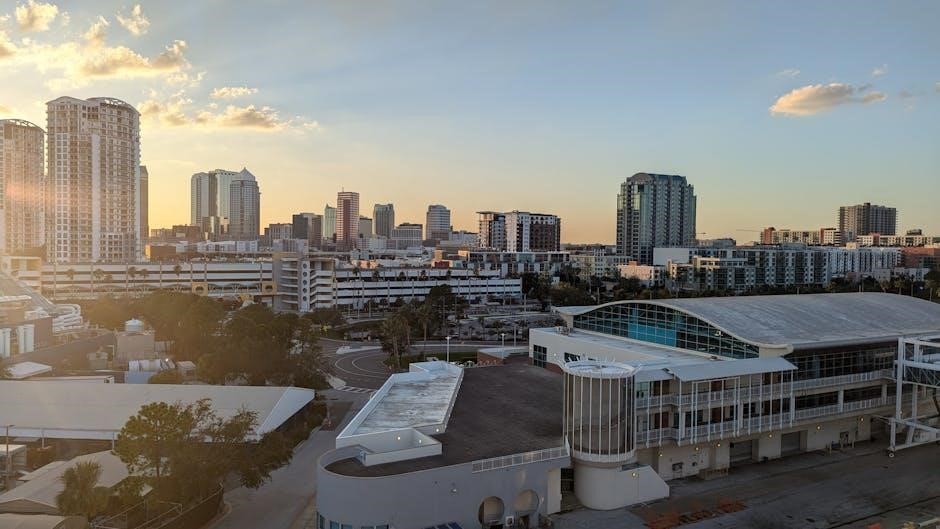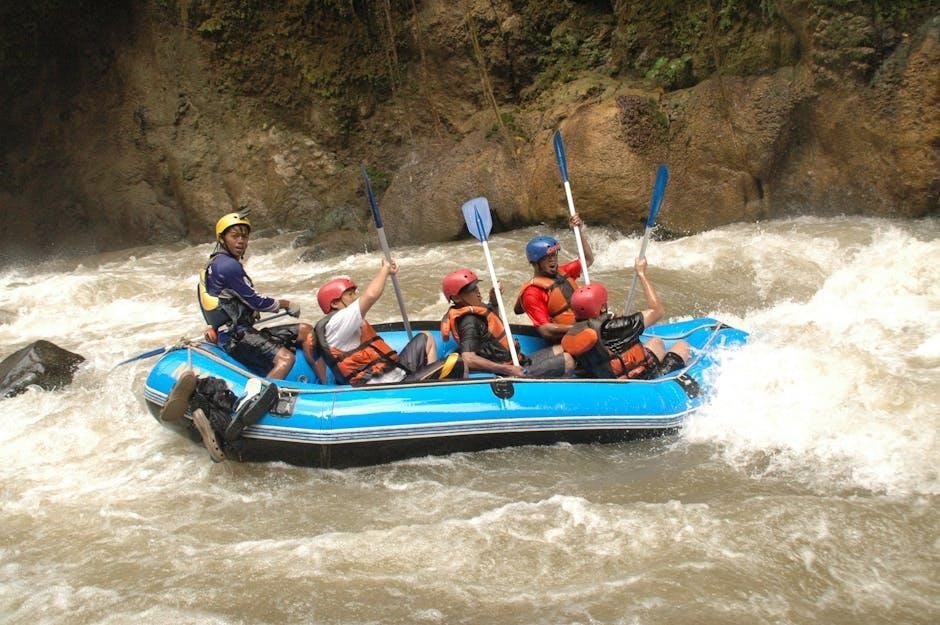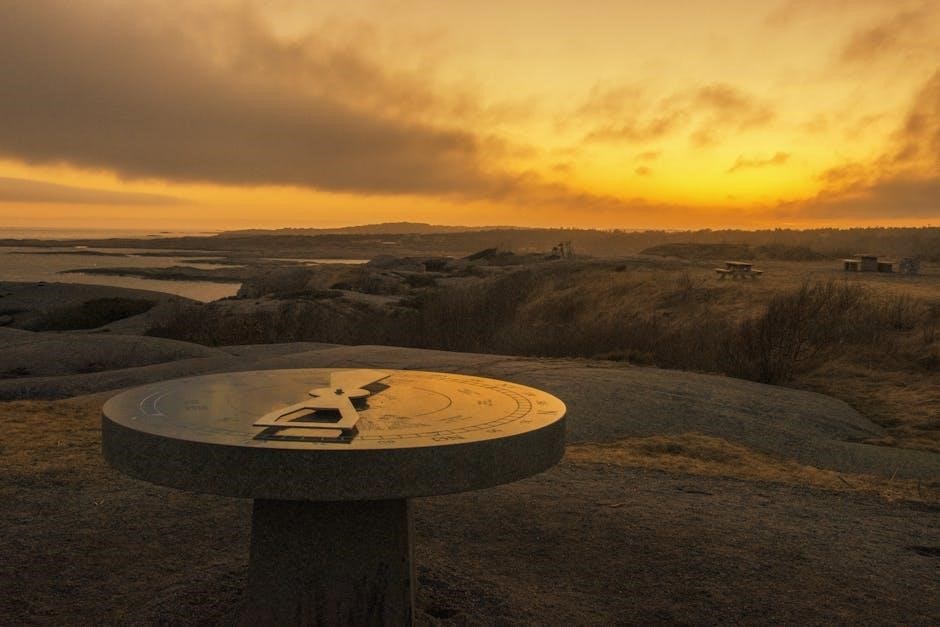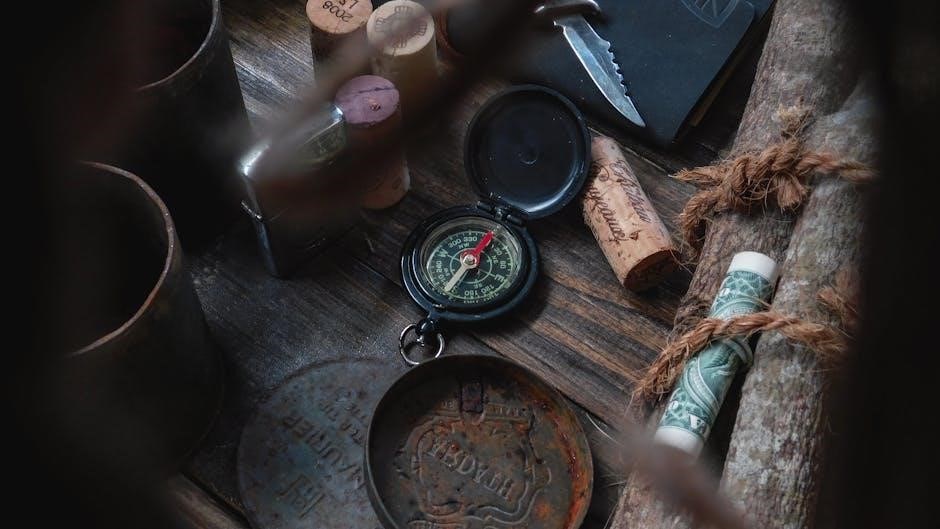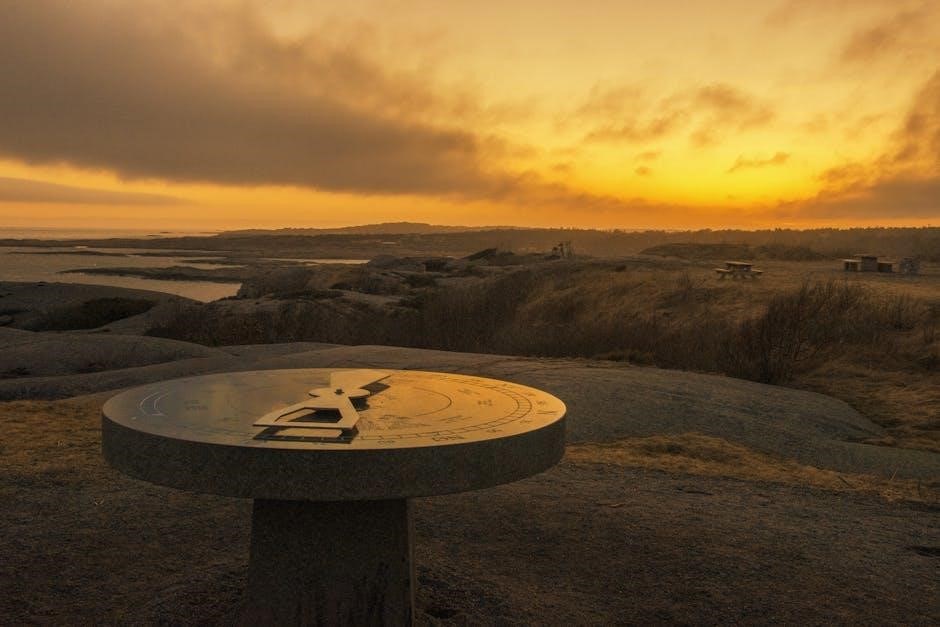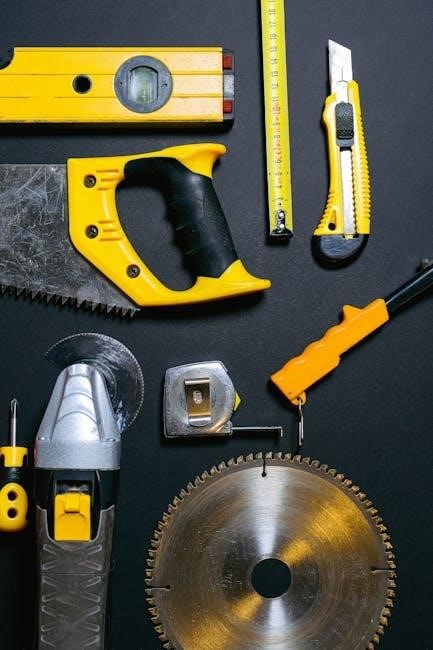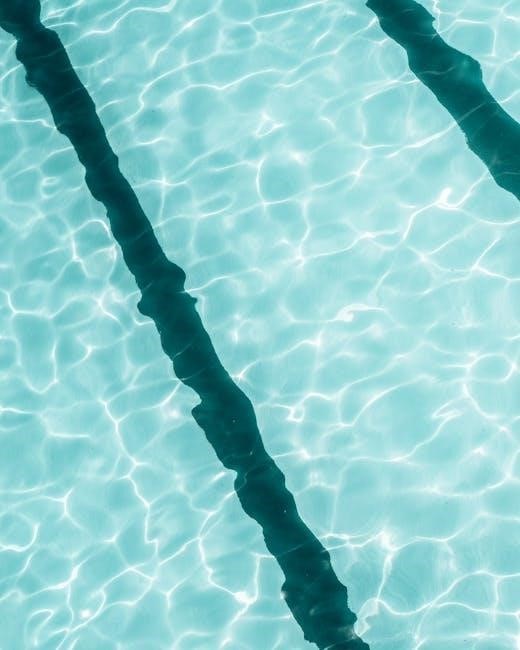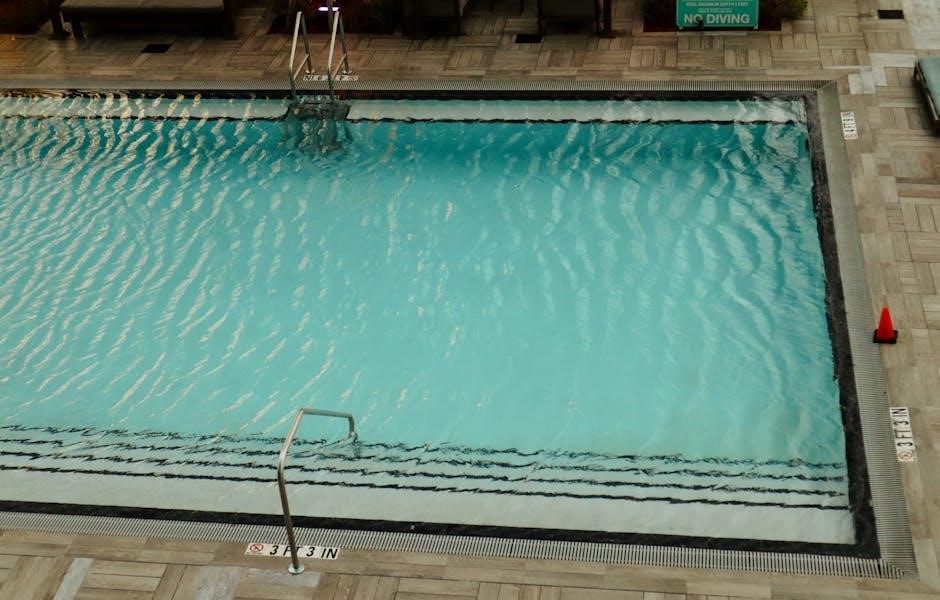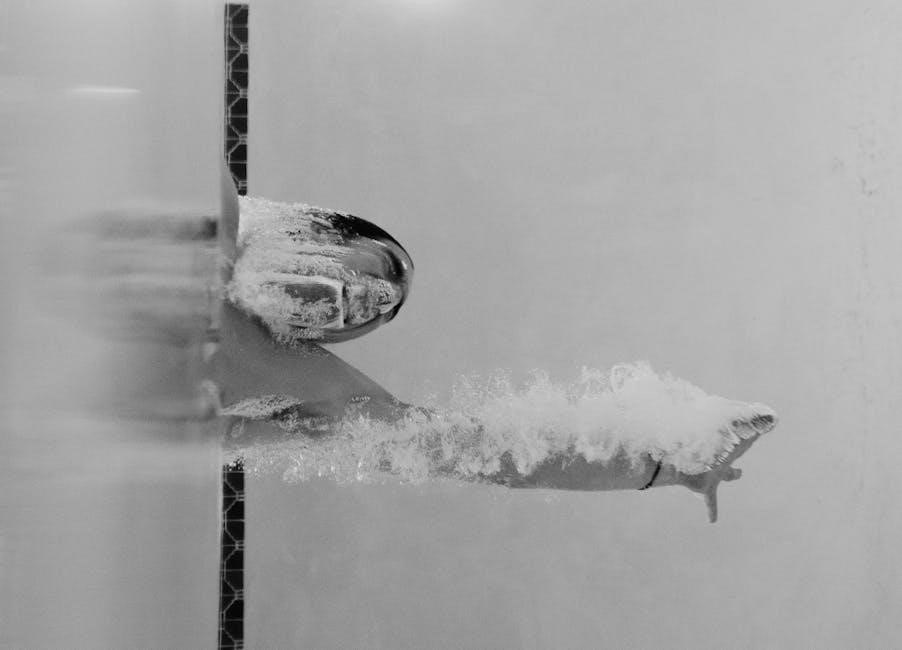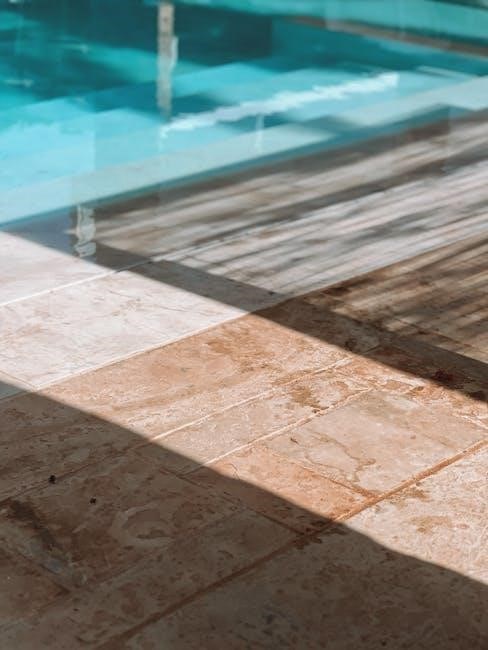Eligibility Criteria for Voting in Marion County‚ Florida
To vote in Marion County‚ Florida‚ you must be at least 18 years old‚ a U.S. citizen‚ and a county resident. Registration is required by the deadline‚ and you must not have been adjudicated as mentally incapacitated or convicted of a felony unless your rights have been restored.
1.1 Age Requirements
In Marion County‚ Florida‚ you must be at least 18 years old to vote. You can pre-register at 16‚ but you must be 18 by Election Day to cast a ballot. Age requirements are strictly enforced to ensure voting eligibility.
1.2 Residency Requirements
To vote in Marion County‚ Florida‚ you must be a legal resident of the county. You are required to have lived in Marion County for at least 29 days before the election. Proof of residency is necessary to establish eligibility and ensure compliance with state voting laws.
1.3 Citizenship Status
Only U.S. citizens are eligible to vote in Marion County‚ Florida. Non-citizens‚ including legal permanent residents‚ cannot register or cast ballots. Citizenship status is verified during the voter registration process to ensure compliance with federal and state election laws.
Voter Registration Process
Register to vote in Marion County by mail‚ in person‚ or online. Ensure eligibility‚ provide required documents‚ and submit by the registration deadline to complete the process.
2.1 How to Register to Vote
To register to vote in Marion County‚ visit the Supervisor of Elections website‚ complete the online application‚ and submit required documents like a Florida ID or proof of residency. Alternatively‚ mail or hand-deliver a paper application to the elections office‚ ensuring it is received by the registration deadline.
2.2 Deadline for Voter Registration
In Marion County‚ voter registration must be completed by 29 days before the election. Applicants can register online‚ by mail‚ or in person at the Supervisor of Elections office. Ensure your application is received by the deadline to participate in upcoming elections. Check your registration status afterward to confirm accuracy.
2.3 Updating Voter Information
Voters in Marion County must update their information to ensure eligibility. Updates can be made online‚ by mail‚ or in person at the Supervisor of Elections office. Changes to name‚ address‚ or party affiliation must be submitted by the registration deadline. Verifying updated information ensures accurate voter records and smooth election participation.
Key Dates and Deadlines
Key dates include registration deadlines‚ early voting periods‚ and Election Day. Staying informed about these dates ensures smooth participation in Marion County’s voting process.
3.1 Registration Deadlines
In Marion County‚ Florida‚ voter registration must be completed by the 29th day before the election. This applies to online‚ mail-in‚ and in-person registrations. Meeting this deadline ensures eligibility to participate in upcoming elections without any issues on Election Day.
3.2 Early Voting Dates
Early voting in Marion County‚ Florida‚ typically begins 10 days before Election Day and ends on the Sunday before the election. Voters can cast ballots at designated early voting locations during specified hours‚ ensuring convenience for those unable to vote on Election Day. Check the official Marion County elections website for exact dates and times.
3.3 Election Day
Election Day in Marion County‚ Florida‚ is typically the first Tuesday after early voting concludes. Polling stations are open from 7 AM to 7 PM. Voters must cast ballots at their assigned locations‚ bringing a valid photo ID and voter information card or confirmation for smooth processing.
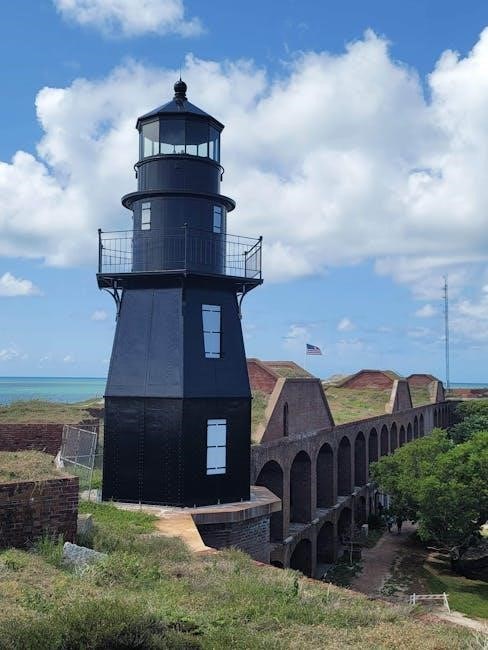
Voting Methods Available
In Marion County‚ Florida‚ voters can choose from in-person voting‚ absentee voting by mail‚ or early voting options for convenience and accessibility.
4.1 In-Person Voting
In Marion County‚ in-person voting allows residents to cast ballots at designated polling stations. Voters use electronic voting systems‚ with accessible equipment available for those with disabilities. Polling locations are open on Election Day and during early voting periods‚ ensuring convenience for all eligible voters.
4.2 Absentee Voting by Mail
In Marion County‚ absentee voting by mail allows eligible voters to cast ballots from home. Voters must request a ballot by the deadline‚ complete it carefully‚ sign‚ and return it by mail or at designated drop-off locations. Ballots must be received by Election Day to be counted.
4.3 Early Voting Options
Early voting in Marion County begins 10 days before Election Day and ends 3 days prior. Voters can cast ballots at designated early voting locations during extended hours. Each site offers the same ballot as Election Day‚ ensuring convenience. Voters must bring a valid photo ID. This option helps avoid crowds and ensures timely resolution of any issues‚ with the deadline being the day before Election Day.
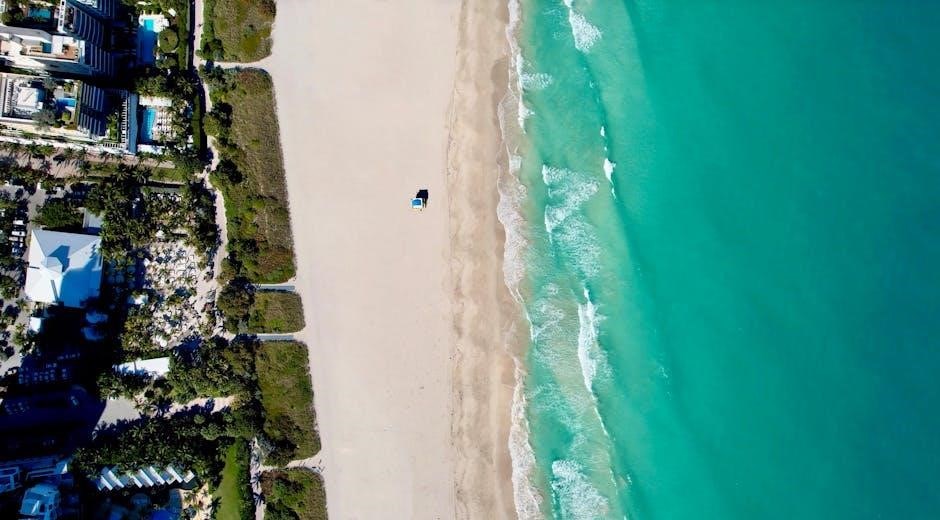
What to Bring on Election Day

Bring a valid photo ID‚ such as a driver’s license or passport‚ and your voter registration card or confirmation number. Ensure your information is up-to-date for smooth check-in.
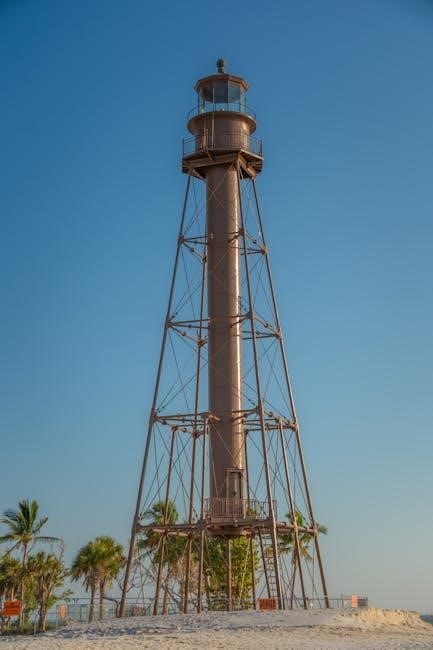
5.1 Required Documents
Voters must present a valid government-issued photo ID with a signature‚ such as a Florida driver’s license‚ U.S. passport‚ or military ID. Bring your voter registration card or confirmation number to facilitate the check-in process and ensure eligibility to cast your ballot.
5.2 Photo ID Requirements
Voters must present a valid photo ID with a signature‚ such as a Florida driver’s license‚ U.S. passport‚ or military ID; Ensure the ID is current and matches your voter registration. This requirement helps verify identity and maintain election integrity.
5.3 Additional Materials
Bring additional materials like a voter registration card‚ sample ballot‚ or list of candidates to help with decision-making. Having these items ensures efficiency at the polling station and aids in making informed choices.
Finding Your Polling Station
Use online tools or contact the Marion County Elections Office to locate your assigned polling station. Ensure you have the correct address to avoid delays on Election Day.
6.1 Using Online Tools
Visit the Marion County Supervisor of Elections website and use the voter lookup tool. Enter your name‚ date of birth‚ or address to find your polling station. You can also use online maps like Google Maps to get directions to your assigned voting location. This ensures a smooth voting experience.
6.2 Checking Voter Registration
To confirm your voter registration status in Marion County‚ visit the Supervisor of Elections website. Enter your name‚ date of birth‚ or address in the voter registration lookup tool. This ensures your information is up-to-date and accurate‚ helping you avoid issues on Election Day. Verify your status early to address any discrepancies promptly.
6.3 Mapping Your Location
Use online maps or GPS to locate your polling station. Visit the Marion County Supervisor of Elections website for a precinct finder tool. Enter your address to view your polling location and get directions. This ensures you know where to vote on Election Day.

Understanding the Ballot
The ballot lists candidates‚ contests‚ and instructions. Review it carefully to ensure you understand all options. Sample ballots are available online for preview before voting.
7.1 Ballot Content
The ballot includes listed candidates‚ proposals‚ and instructions. It features contests for local‚ state‚ and federal offices‚ as well as referendums. Voters can select candidates‚ approve or reject amendments‚ and choose write-in options. The ballot is organized by race‚ ensuring clarity for voters to mark their choices accurately.
7.2 Sample Ballots
Sample ballots are preview versions of the actual ballot‚ showing contests‚ candidates‚ and proposals. They help voters prepare by familiarizing them with the layout and content. Marion County releases sample ballots online before elections‚ allowing voters to review and plan their choices in advance.
7.3 Voting Technology Used
Marion County employs touch-screen voting machines and optical scan ballots. Touch-screen systems provide an accessible interface‚ while optical scans ensure paper trails for audit purposes. Both methods are ADA-compliant‚ offering audio assistance for voters with disabilities. This technology aims to streamline the voting process while maintaining accuracy and security.
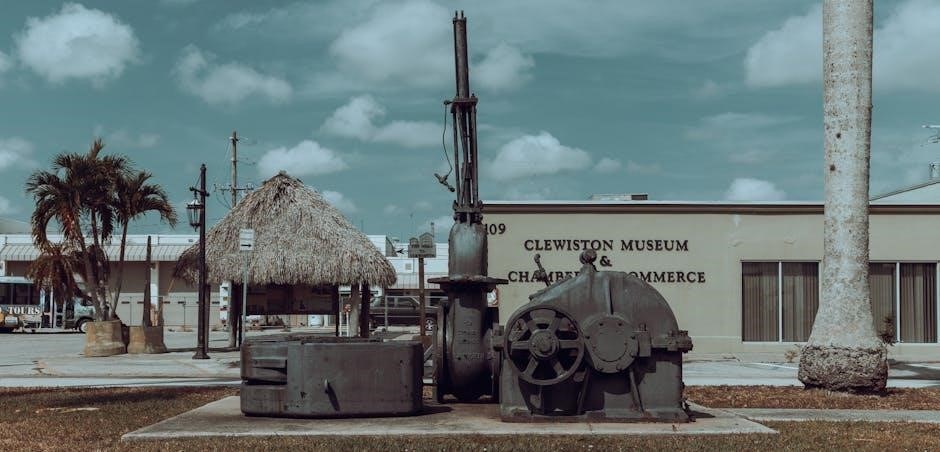
Absentee Voting
Absentee voting allows eligible Marion County voters to cast ballots by mail if unable to vote in person. Request a ballot and follow submission guidelines for secure processing.
8.1 How to Request a Ballot
To request an absentee ballot in Marion County‚ visit the Supervisor of Elections website or submit a written request. Include your name‚ date of birth‚ address‚ and signature. Mail or hand-deliver the request to the elections office. Ensure the request is received by the deadline‚ typically 10 days before the election.
8.2 Completing the Absentee Ballot
Read the instructions carefully‚ mark your choices clearly with black ink‚ and ensure your ballot is signed. Follow all guidelines to avoid disqualification. Return the completed ballot by mail or hand-delivery‚ ensuring it is received by the specified deadline to be counted in Marion County elections.
8.3 Returning the Ballot
Return your completed absentee ballot by mail‚ hand-delivery‚ or designated drop-off locations. Ensure it is postmarked or received by the election deadline. Use a trackable method if possible‚ and verify receipt through the Supervisor of Elections website to confirm your ballot is counted in Marion County elections.
Verify your registration‚ plan your voting method‚ and stay informed. Double-check deadlines‚ bring required documents‚ and report any issues promptly to ensure a smooth voting experience.
9.1 Final Reminders
Confirm your registration‚ review deadlines‚ and gather required documents. Ensure your photo ID and residency proof are up to date. Familiarize yourself with your polling station location. Contact the elections office if issues arise. Double-check ballot completion and submission deadlines for mail-in votes to ensure your voice is heard.
9.2 Staying Informed
To stay informed‚ regularly check the Marion County Supervisor of Elections website for updates on voting methods‚ deadlines‚ and polling locations. Follow local news and official social media channels for election reminders and alerts. Verify information through trusted sources to ensure accuracy and avoid misinformation.
9.3 Reporting Issues
If you encounter voting issues in Marion County‚ contact the Supervisor of Elections immediately. Report concerns via phone at (352) 620-3290‚ email‚ or through their official website. You can also visit their office in person to address any voting-related problems promptly and ensure your voice is heard in the election process.
